Cause and consequence
While E.H. Carr’s claim that ‘all history is the history of causes’ may have been widely challenged by historians anxious to demonstrate the breadth of their concerns and the range of other important questions to be asked about the past, causal explanation features prominently in history teaching and learning at all stages within the school curriculum. The resources in this section will help teachers to think about the nature of progression in students’ understanding of cause and consequence and to recognise common misconceptions that they may need to address. The materials offer a wide range of practical strategies, as well as insights drawn from historians’ practice and research into students’ understanding, that will help teachers to determine the most useful ways of helping students to develop more powerful causal explanations. Some of them also highlight the need to pay more attention in planning schemes of work to the identification, explanation and evaluation of historical consequences. Read more
-

Using causation diagrams to help sixth-formers think about cause and effect
ArticleClick to view -

The knowledge illusion
ArticleClick to view -

Teaching the very recent past
ArticleClick to view -

Finding the place of substantive knowledge in history
ArticleClick to view -
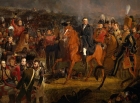
Assessing the Battle of Waterloo in the classroom
ArticleClick to view -

Waking up to complexity
ArticleClick to view -

Building an overview of the historic roots of antisemitism
ArticleClick to view -

Improving Year 12's extended writing
ArticleClick to view -

New, Novice or Nervous? 149: Getting pupils to argue about causes
ArticleClick to view -

Competition and counterfactuals without confusion
ArticleClick to view -
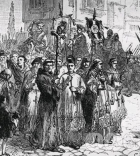
Marr: magpie or marsh harrier?
ArticleClick to view -
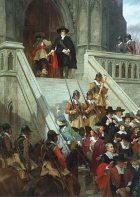
Thematic or sequential analysis in causal explanations
ArticleClick to view -
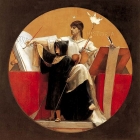
Key Concepts at Key Stage 3
Multipage ArticleClick to view -
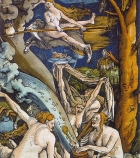
Witchcraft - Using fiction with Year 8s
ArticleClick to view -

Causation maps: emphasising chronology in causation exercises
ArticleClick to view -

Nazi perpetrators in Holocaust education
ArticleClick to view -

Investigating students' prior understandings of the Holocaust
ArticleClick to view -

Historical Causation: Is One Thing More Important Than Another?
ArticleClick to view -
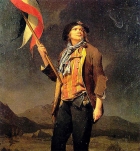
Counterfactual Reasoning: Comparing British and French History
ArticleClick to view -

Is any explanation better than none?
ArticleClick to view

